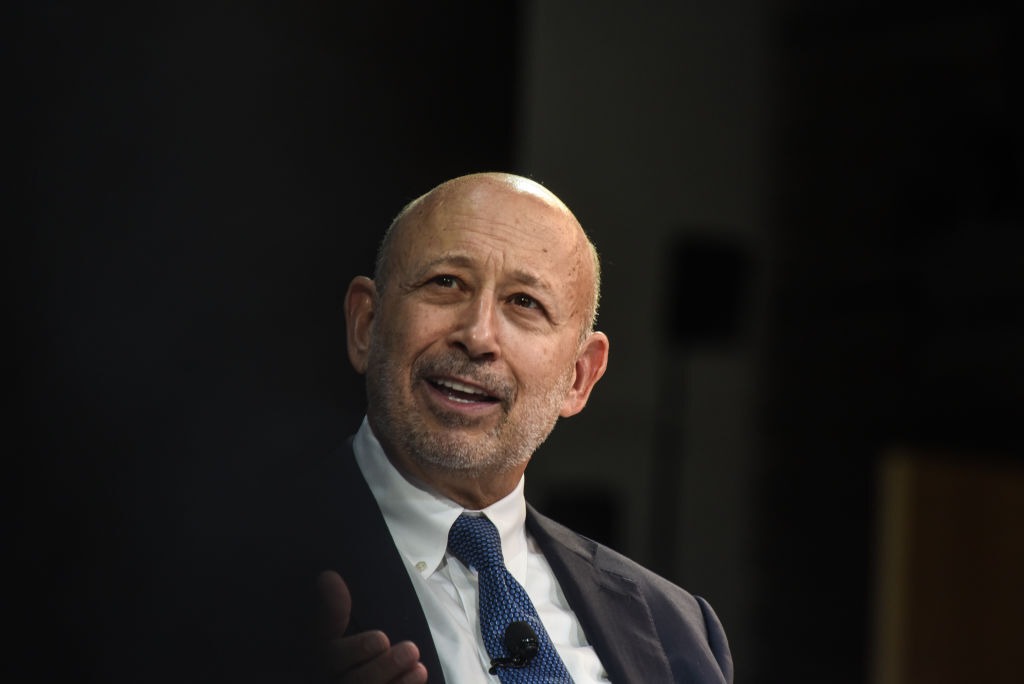A new post-recession normal: working part time, unwillingly
By some measures, the U.S. labor market is firing on all cylinders, with the unemployment rate declining to its lowest level in almost a decade. But peek below the numbers, and a troubling trend emerges: the unwilling part-time worker.
The country now has 6.4 million part-time workers who would prefer to hold full-time jobs, but for a number of reasons aren’t able to secure such a role, according to new research from labor economist Lonnie Golden at the left-leaning Economic Policy Institute. While the overall unemployment rate has declined since the recession, his research found that the number of involuntary part-time workers remains almost 45 percent higher than in 2007, before the economic crisis.
While part-time workers are included in the Labor Department’s data on the job market, the stubbornly high share of people who are unwillingly working part-time hours signals another problematic trend for workers, who may struggle to make ends meet as a result. The trend appears to be the “new normal” in a few industries that have shifted their costs onto workers, such as the retail and hospitality segments, Golden said.
“People want more hours,” Golden said. “We saw that the unemployment rate was coming down, the economy was chugging along, but there’s this soft underbelly.”
Golden said his research was also sparked by the national push for higher wages and better working conditions from the “Fight for $15” movement, which has taken aim at some employers’ practice of scheduling workers at the last minute or providing a patchwork of hours that leave them unable to earn a living wage. Two of the industries with the highest concentration of involuntary part-time workers are retail and the leisure and hospitality sectors, which respectively employ 23 percent and 41 percent of the country’s involuntary part-time workers.
These industries are “trying to keep labor costs as low as possible, scheduling employees at the very last minute, not promising them very long hours,” Golden said. “The employers want a buffer pool of employees. They operate under very lean staffing, so when there is a drop in demand, they tell people not to come in or send them home early.”
That can lead to unpredictable wages, which are often already lower than what full-time workers earn. On top of that, part-time workers often aren’t awarded the same benefits that full-time employees receive, such as health-care or paid vacation days.
While some have speculated that the Affordable Care Act would spark employers to prefer part-time workers instead of full-time employees, the data don’t support that as the cause for the stubbornly high numbers of unwilling part-time workers. If Obamacare were to blame, economists would expect to see a cluster of Americans working 29 hours a week, just below the 30-hour-per-week threshold when large employers are mandated to provide health insurance coverage for their workers. Other trends that would indicate that Obamacare could be the source of involuntary part-time workers didn’t show in the data, either.
Instead, it appears a handful of industries, such as retail, are shifting their business models to part-time workers as a way to cope with increased competition and tighter margins.
So who is getting stuck in part-time work? The issue cuts across all races, although black and Hispanic workers comprise a higher share of involuntary workers than white employees. Women are also slightly more likely than men to work in involuntary part-time jobs.
Policy changes could either help part-time workers gain more hours, or provide more protections for these employees, Golden said. For instance, laws that would ensure part-time workers receive the same benefits as their full-time counterparts would likely incentivize companies to hire people for a full 40-hour work week.
Some municipalities and states are also stepping into the fray with laws that require employers to create stable work schedules, which helps workers manage their income and work schedules more effectively. Lastly, the unemployment insurance laws could be tweaked to allow more part-time workers to qualify, the research noted.
Golden said he doesn’t expect the Trump administration to enact changes that would benefit involuntary part-time workers, but added that he believes states and municipalities will continue to create laws to address the problems faced by these workers.
Said Golden, “We need policy reform. We have great job creation but not the quality” of jobs that help workers maintain a stable lifestyle.



